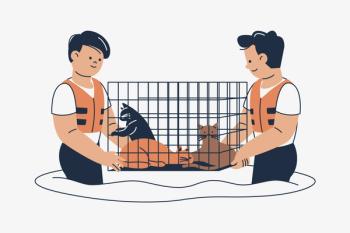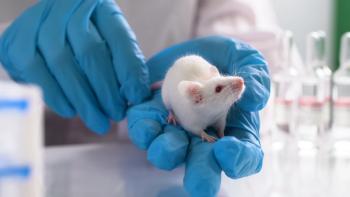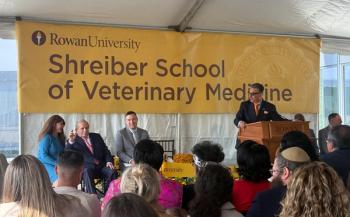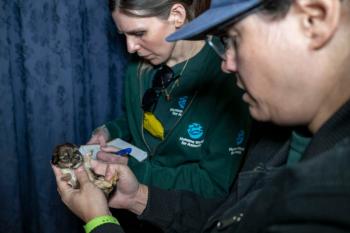
Commentary: Animal welfare, not economics should be profession's top concern
As a California veterinarian, my clients expect the best possible care and advice for their pets and horses. However, my clients also ask me about other animal-welfare issues, and the public expects the state's premier veterinary organization, the California Veterinary Medical Association (CVMA), to weigh in on important policy matters related to the welfare of animals.
As a California veterinarian, my clients expect the best possible care and advice for their pets and horses. However, my clients also ask me about other animal-welfare issues, and the public expects the state's premier veterinary organization, the California Veterinary Medical Association (CVMA), to weigh in on important policy matters related to the welfare of animals.
Proposition 2 is one such matter. The statewide ballot initiative, proposed by the Humane Society of the United States, seeks to give animals raised for food more space in which to live. Specifically, it would allow veal calves, breeding pigs and laying hens the opportunity "to turn around, lie down, and extend their limbs." The practical effect of the measure would be to phase out the use of veal crates, gestation crates and battery cages — confinement systems on large-scale industrialized farms that essentially keep the animals immobile. Proposition 2 gives farmers until 2015 to shift to more humane systems.
As a voter and a veterinarian, I support Prop 2. This summer, the CVMA also voted to approve Prop 2, along with the Consumer Federation of America, the Union of Concerned Scientists, the Center for Science in the Public Interest and many other organizations.
Arriving at this position was not simple or easy for the CVMA, because CVMA sees the need to balance society's needs with the needs of animals. Two of CVMA's goals are "to be vocal advocates for animals and the profession" and "to be the respected source of pertinent information for members and the public." Moreover, CVMA's mission statement directs us "to improve animal and human health in an ethically and socially responsible manner." As such, CVMA has a duty to speak to matters such as Prop 2.
The problem with this duty to be leaders is that not all veterinarians agree with CVMA's positions on animal welfare even when a majority of veterinarians do agree. Leadership sometimes involves doing the right thing in spite upsetting some of our own members.
Few critics of Proposition 2 argue against it on the basis of ethics or animal welfare. Most argue on the basis of economics, suggesting that Prop 2 will make it tougher for farmers to remain competitive, while disregarding the options for producing cage-free and free-range eggs. Nonetheless, I would submit that animal welfare ought be the focus of veterinarians and the CVMA, not economics.
To date, the veterinary profession has remained neutral on topics like farm-animal confinement, the use of anesthesia and pain medications for farm animals, foie gras production and ear cropping for dogs. When one acknowledges that these positions are clearly not defensible from a welfare perspective, the profession needs to say so, instead of deeming them irrelevant or being taken kicking and screaming to the eventual proper ethical outcome.
The veterinary profession has shown clear leadership when it comes to companion animals and animals used in research, and this is much to our credit. Yet, when it has come to taking positions that do not garner near unanimous support, we have too often failed.
As a veterinarian I support Prop 2 because I can think of no other animals confined to this degree that are deemed humanely housed. Further, this cramped housing just does not agree with the ethics of most of our society.
I also believe that CVMA's Goals, Mission, and Eight Principles of Animal Care and Use support our position of advocating for the welfare of animals. Finally, I am optimistic that the egg industry will adapt to the mandated changes. The history of agriculture is about adaptation and change, and we can do better than this.
We are a relatively small profession, and divisive issues of any sort pain us greatly. However, I hope that the greater good and our mandate as advocates for animals are better served by speaking out than they are by remaining silent.
Dr. Smith is a veterinarian at the Middletown Animal Hospital in Middletown, Calif. He is a current member and a past president of CVMA.
Newsletter
From exam room tips to practice management insights, get trusted veterinary news delivered straight to your inbox—subscribe to dvm360.




